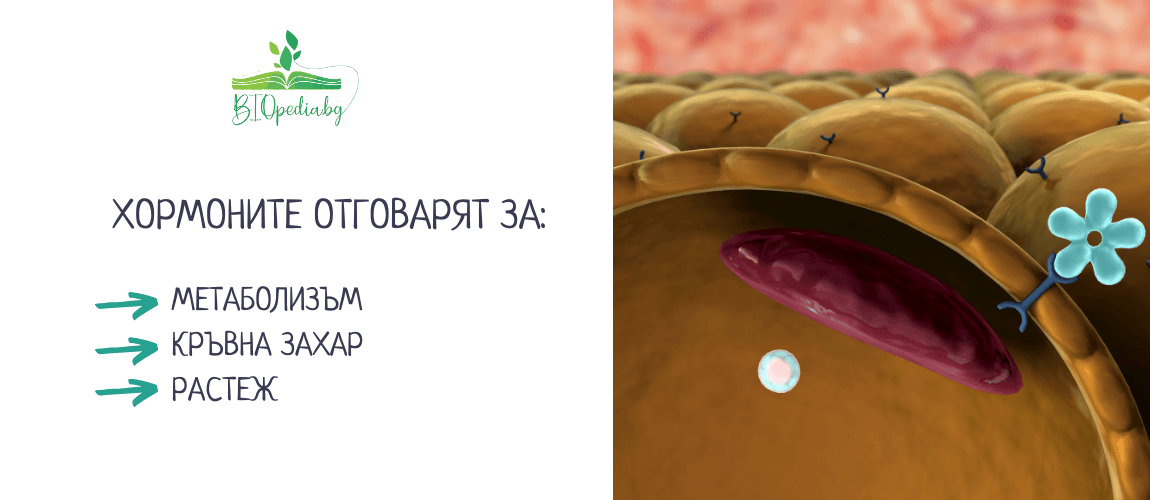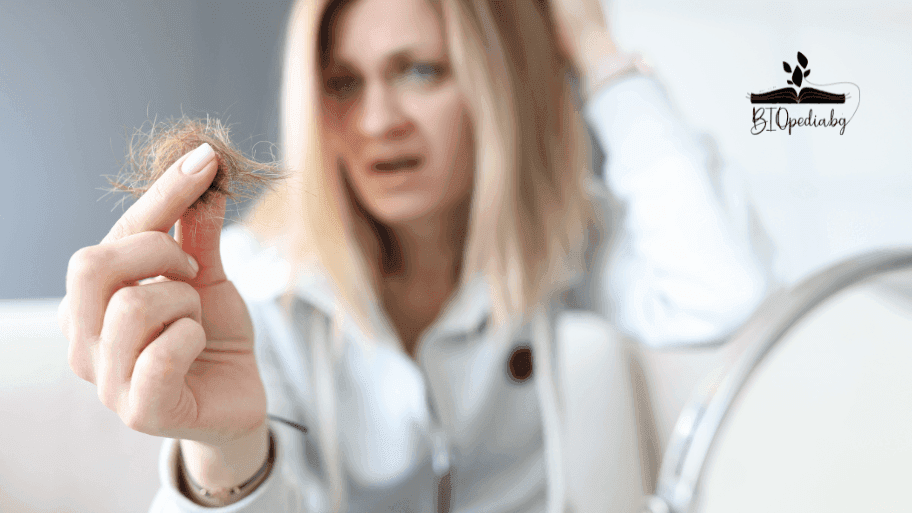A hormone imbalance occurs when there is too much or too little of some type of hormone in the blood. Because of the essential role of hormones in the body, even a mild hormonal imbalance can cause side effects and make it difficult for the entire body to function.

Hormones are chemicals produced by glands in the endocrine system.
Think of hormones as messengers of sorts. Their work is essential for regulating most of the body's basic processes, so hormone imbalances can affect many important functions. Hormones help regulate:
- metabolism
- blood sugar
- growth
- blood pressure
- reproductive cycles and sexual function
- development
- mood and stress levels
Imbalances in insulin, steroids, growth hormones and adrenaline can affect both men and women. Women may also experience hormone imbalances in estrogen and progesterone levels, while men are more at risk of experiencing imbalances in testosterone levels.
Hormonal imbalance - symptoms

Symptoms of hormonal imbalance can vary according to which gland is affected and whether the patient is male or female.
Symptoms in women In women, symptoms most commonly include:
- mood swings
- constipation or diarrhoea
- irregular menstrual periods
- infertility
- abdominal or back pain during menstruation
- low libido
- insomnia
- unexplained weight gain or weight loss
- easily breaking bones
- hirsutism or excessive hair
- rashes on the skin
Symptoms in men When a man has low testosterone levels, symptoms usually include:
- decreased libido
- erectile dysfunction
- loss of muscle mass
- hair thinning and reduced growth
- tenderness in the chest area
Hormonal imbalance - acne as a symptom

Acne can occur due to overproduction of sebum in the sebaceous glands of the skin. This excess sebum can clog pores and attract bacteria that further inflame the skin. The hormones testosterone, estrogen and progesterone can affect the sebaceous glands in a person's skin. Some ways that these hormones can affect acne include:
- Testosterone helps regulate sebum production. Excess amounts can potentially block pores, leading to acne.
- The increase in progesterone levels likely plays a role in pregnancy-related acne, although doctors aren't sure exactly how.
- Women can get acne after menopause, which may be due to changes in estrogen and progesterone levels.
- In addition, women who have polycystic ovary syndrome (PCOS) are more likely to get severe and permanent acne. Doctors believe that increased exposure to androgen hormones, such as testosterone, and resistance to insulin hormones can increase the risk of acne.
Hormone imbalance - weight gain as a symptom

Hormonal imbalances can affect multiple body processes that lead to weight gain. Some examples include:
- Thyroid hormones regulate the body's metabolism, or rate of energy burning. Too little thyroid hormone can slow metabolism and lead to weight gain.
- Decreasing estrogen levels can lead to weight gain during menopause.
- Hormonal imbalances due to polycystic ovary syndrome can lead to weight gain.
- More than 80% of people with Cushing's disease report weight gain as a symptom. This condition causes the body to produce excess amounts of cortisol.
- Ideally, treating the underlying disease can help reduce weight gain associated with a hormone imbalance
Hormonal imbalance - hair loss as a symptom

Hair loss in men is associated with reduced androgen hormones, such as testosterone. For this reason, doctors also call male pattern hair loss androgenetic alopecia.

However, not all men experience androgenic alopecia, even though their hormone levels change with age. Doctors interpret this, concluding that some men are genetically predisposed to hair loss.
Hormonal imbalance - prevention

People have used natural supplements to treat hormonal imbalances and prevent such conditions for thousands of years. However, clinical studies have not yet proven that natural remedies can treat hormonal imbalance and its causes.
However, if you suspect that you are prone to hormonal imbalance, or that you are experiencing some of the symptoms of such a condition, after consulting your doctor you can start taking some natural supplements and cures as prevention.

Supplements Natural supplements that are commonly used to reduce the symptoms of hormonal imbalance include:
- black cohosh, dong quai, red clover and evening primrose oil for hot flashes caused by menopause
- ginseng for irritability, anxiety and sleep disturbances caused by menopause and thyroid disease
- ginseng and maca for erectile dysfunction
Before undertaking any natural or herbal treatment, one should consult their doctor to ensure safety and avoid side effects of interaction when taken with other medications.
Lifestyle changes Lifestyle changes that can help reduce the likelihood and symptoms of hormone imbalance and are provide a high level of prevention include:
maintaining a moderate body weight
following a nutritious and balanced diet
regular physical activity
practicing good personal hygiene, focusing on washing areas with a lot of natural oiliness, such as the face, neck, back and chest
using cosmetic and medical acne skin treatments, cleansers and medicated creams or gels for mild to moderate acne
avoiding situations and conditions that cause hot flashes, such as warm weather and spicy or hot foods and drinks
better control over stress
practicing yoga, meditation, or guided visualization
limiting sugary foods and refined carbohydrates
avoiding packaged foods
replacing old non-stick pans with ceramic pans
using glass containers for storing and warming food and drinks
limiting the use of cleaning products that contain toxic chemicals such as bleach
buying fruit and vegetables without pesticides or ripening chemicals
avoid microwaving food and drink in plastic containers

Most people will experience at least one or two periods of hormonal imbalance in their lifetime. Hormonal imbalances are more common during puberty, menstruation, pregnancy, menopause, and aging. But some people experience constant, irregular hormonal imbalance. Medical conditions that affect or involve the endocrine system or glands can lead to hormonal imbalances.
However, external factors, such as stress or hormonal medications, can also be a cause of hormonal imbalance. One should see a doctor for long-term unexplained symptoms, especially those that cause pain, discomfort or interfere with daily activities.





Comments